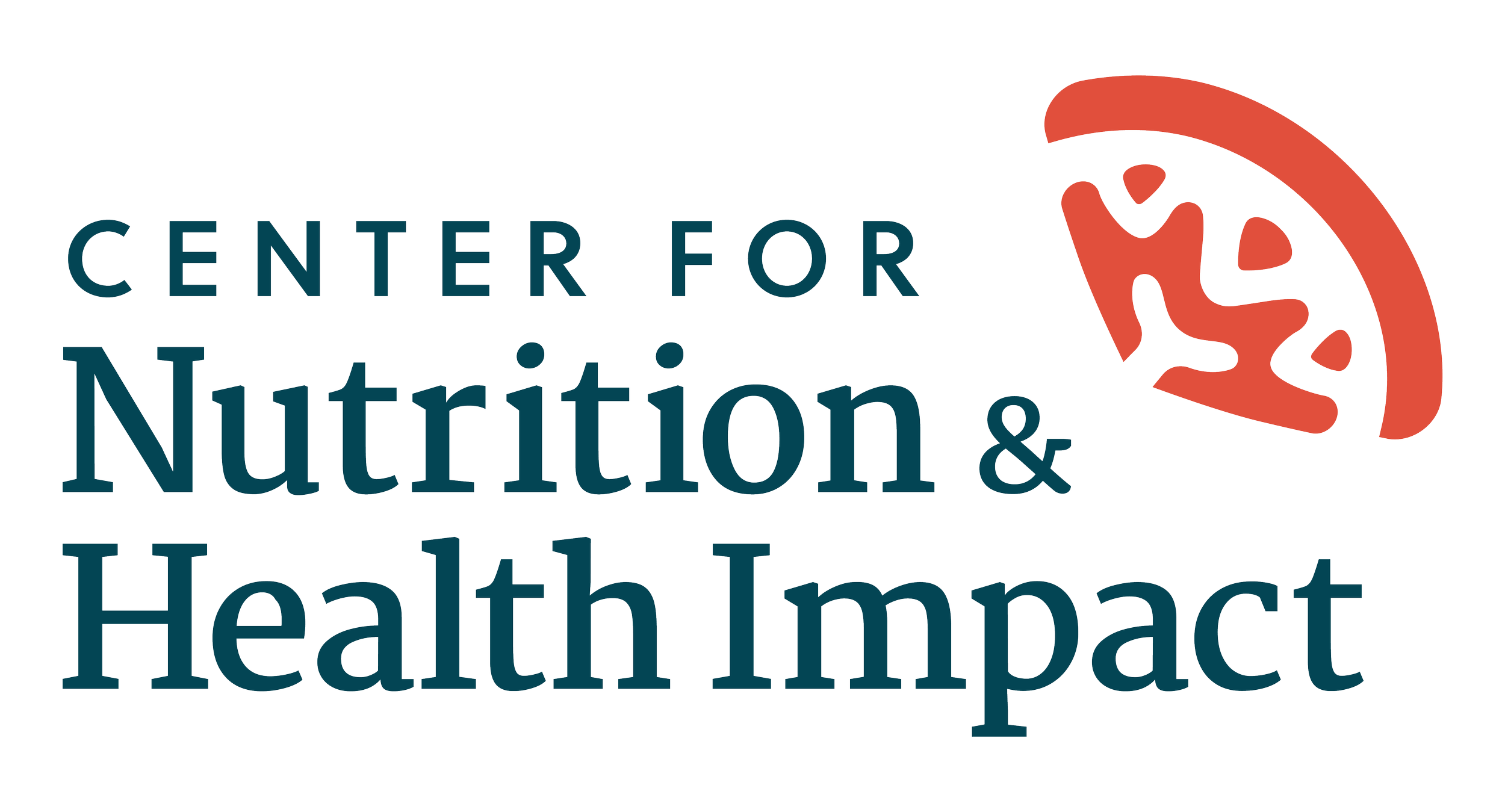Arab American Heritage Month 2024
Arab American
Heritage Month 2024
------- + -------
In 2017 and with the support of a few states, the Arab America Foundation and Arab America launched the National Arab American Heritage Month initiative to officially commemorate the month. On March 31, 2023, the White House issued a historic proclamation for National Arab American Heritage Month, with Congress, the U.S. Department of State and 47 state governors following suit. To date, Illinois, Oregon, Virginia, California and Indiana (Senate) have passed permanent legislation designating April as Arab American Heritage Month and many other states are pursuing similar legislation.
Since its inception, Arab American Heritage Month has been an annual celebration of the rich, diverse cultures, histories and traditions of Arab American communities and 22 countries across the Middle East and North Africa. Today, nearly four million Arab Americans live in the U.S. and have had an immeasurable impact on every area of American society, including government, medicine, business, law, technology, education and more. This April and throughout the year, we invite you to learn about Arab culture, history and identity, and to celebrate the vibrant foods and contributions they bring to our communities.
Food and Cultural Traditions
It is important to note that many Arabs do not identify as Muslim and not all Muslims identify as Arab. In fact, most Arabs globally identify as Muslim whereas, in the U.S., around 65-70 percent of Arab Americans identify as Christian (Roman Catholic) and 30-35 percent identify as Muslim. For many Arab Americans, core values play a significant role in every aspect of life. Passed down through generations, some examples include,
Hospitality and adab: Treating people, especially guests, with warmth and respect is a matter of honor. In return, it is customary to demonstrate adab, which “refers to specific Arab sophistication, good manners, ethics, etiquette, honesty and humaneness.” Some examples of adab include allowing guests to start their meal first, eating an odd number of dates, grapes and other fruits, and following the one-third rule by filling your stomach with one-third food, one-third water and one-third air to eat in moderation and achieve good health.
Family: Many Arabs are family-focused and feel a profound sense of pride and identity when it comes to family obligations. For example, people practicing Islam typically share food with family and loved ones at least once a day, “for the blessing is in being together.” Other Arabic proverbs about food include, Where it goes may it pass/ be swollen easily (may you enjoy the food and have a pleasant eating and digestion experience) and, Have lunch and lie down and have dinner and walk (rest after lunch and move after dinner).
Faith and Nutrition: Many food traditions are influenced by religion. For example, Muslim Arabs currently observing Ramadan, the holiest month in the lunar-based Islamic calendar, are fasting from dawn to dusk and may only eat and drink after prayer at sunset. Because enjoying food and connecting with community oftentimes go hand in hand in Arab culture, those observing Ramadan share the evening meal with loved ones at home and in mosques. Due to shifting working hours, many businesses change their opening and closing times to accommodate for daily fasts. The essence of Ramadan not only is about abstaining from worldly desires like food and drink thought to elevate the spirit, many studies on intermittent fasting show that the practice is linked to longer lifespans, leaner bodies, boosts in thinking and memory, improved heart and tissue health, increased physical performance and improved Type 2 diabetes and obesity. At the end of the month, people come together for Eid al-Fitr, “the Festival of Breaking the Fast,” where they attend special prayer services, share meals, exchange gifts and more.
Qurbani: During Eid al-Adha, the Festival of Sacrifice, Muslim Arabs perform a ritual called Qurbani, the act of sacrificing a goat, sheep, cattle (cow, ox, water buffalo) or camel. To spread joy and celebrate Eid al-Adha with the entire Ummah (community), Muslim Arabs split the meat into thirds for family, neighbors and community members who are at increased risk of going hungry. Since 1986, Islamic Relief Worldwide, a faith-inspired humanitarian and development agency, has been leading Qurbani projects to provide meals to families experiencing poverty, widowed women, orphaned children, pregnant women and breastfeeding mothers, refugees, older adults and people with disabilities. In 2022, Islamic Relief Worldwide used donations to provide quality meat to over 4 million people across 28 countries.
Food Staples
At the Center for Nutrition and Health Impact (formerly the Gretchen Swanson Center for Nutrition), we love exploring diverse food philosophies and cuisines. In honor of Arab American Heritage month, here are a few food staples enjoyed in Arab culture that you can try:
Baklava (layers of filo dough with walnuts)
Chicken or vegetable tagine (one-pot stew)
Dolmas (stuffed grape leaves)
Falafel (deep-fried chickpea balls)
Ful Mudammas (Egyptian fava beans)
Kibbeh (fried bulgur wheat, onion and meat ball)
Knafeh (shredded filo dough with cheese)
Kofta (grilled beef and lamb skewer)
Manakeesh (flatbread eaten for breakfast)
Mansaf (lamb, rice and yogurt)
Masgouf (grilled carp and rice)
Mujadara (lentils, rice and caramelized onions)
Shawarma (chicken or beef pita pockets)
Sheikh mahshi (stuffed zucchini and eggplant)
Shish tawook (grilled chicken skewer)





